Can Asphalt Withstand Extreme Weather Conditions?
Highlights
- Asphalt is designed to flex and adapt to temperature changes.
- Weather extremes can cause issues like cracking or softening if not maintained properly.
- Proper installation and maintenance help asphalt last in harsh conditions.
- Advance Paving Co. INC provides expert paving solutions in Spring Hill, TN.
Understanding Asphalt’s Flexibility
Asphalt is one of the most commonly used paving materials because of its ability to flex under pressure. Unlike concrete, asphalt can expand and contract without immediately cracking, making it more resilient in environments that experience temperature swings. This flexibility allows it to handle everything from hot summer days to freezing winter nights. The binder used in asphalt contributes to its elasticity, but its performance can still be affected if temperatures reach extreme highs or lows. With proper care, asphalt can maintain its structure even under seasonal stress. This adaptability is one reason why it's used for highways, driveways, and parking lots alike. Additionally, its smooth finish offers a quieter and safer ride for drivers and pedestrians.
Effects of Heat on Asphalt
High temperatures can cause asphalt to become soft, especially if it's not thick enough or lacks proper compaction. Prolonged exposure to sunlight and heat can lead to rutting and surface deterioration. According to the National Asphalt Pavement Association, modern formulations of asphalt are designed to withstand heat better than older mixes, thanks to improved binders and additives. Nonetheless, when temperatures soar past 100°F, especially in southern regions like Spring Hill, TN, it's crucial that paving contractors apply mixes suited to those conditions. Choosing the right mix helps prevent premature damage and surface issues caused by heat fatigue. Reflective coatings and lighter-colored asphalt options can also reduce surface temperatures and increase longevity.
Cold Weather and Freeze-Thaw Cycles
Freezing temperatures pose a different challenge for asphalt. When water seeps into small cracks and freezes, it expands, causing the asphalt to break apart over time. This freeze-thaw cycle is a leading cause of potholes in colder climates. According to the
Federal Highway Administration, properly installed asphalt with effective drainage systems can minimize the impact of winter conditions. Sealing cracks and applying sealcoat regularly will also preserve the surface by preventing water penetration. While extreme cold is a risk factor, proactive maintenance and thoughtful design can keep asphalt performing well during harsh winters. Snow plows and deicing chemicals should also be used carefully to avoid scraping or corroding the surface.
FAQ: Cold and Hot Weather Effects
Does asphalt melt in high heat?
Asphalt can soften in extreme heat but won’t melt unless temperatures are extremely high, such as over 300°F
Can asphalt be poured in winter?
It’s best to avoid paving in freezing weather, as the asphalt won’t set correctly.
How do I prevent cracks in cold weather?
Regular sealcoating and immediate crack repairs can help reduce weather-related damage.
Moisture and Drainage Considerations
Water is one of asphalt’s greatest enemies. Without proper drainage, standing water can seep into the surface and weaken the sub-layers, leading to cracks and potholes. In areas like Spring Hill, TN, where storms can bring heavy rainfall, it’s essential that asphalt surfaces are graded and constructed with drainage in mind. According to Asphalt Magazine, designing for water runoff and installing stormwater systems are key practices for long-lasting pavement. Asphalt that regularly holds water will deteriorate much faster than surfaces that allow for efficient moisture management. Routine inspections after storms can catch drainage issues early before they escalate. Drainage channels, sloped grading, and permeable pavement designs are all important elements to consider.
Benefits of Sealcoating and Routine Maintenance
Sealcoating acts like a protective barrier for asphalt surfaces, shielding them from UV rays, rain, oil, and other damaging elements. It is one of the simplest yet most effective ways to extend asphalt’s lifespan, especially in areas exposed to extreme weather. Sealcoating should typically be done every 2–3 years, depending on traffic and environmental exposure. Sealcoating not only protects asphalt but also improves its appearance and performance. For property owners in Spring Hill, TN, Advance Paving Co. INC offers professional sealcoating services that help keep your pavement resilient year-round. Skipping routine maintenance can lead to costly repairs, so staying proactive helps homeowners and businesses alike preserve their investment.
FAQ: Maintenance and Lifespan
How often should I reseal my asphalt driveway?
Every 2–3 years is recommended for optimal protection.
Can cracked asphalt be repaired?
Yes, with patching, sealing, or resurfacing, depending on severity.
Is maintenance really necessary?
Yes, without maintenance, asphalt degrades faster, especially under extreme weather exposure.
Asphalt Innovations for Weather Resistance
Recent innovations in asphalt technology have improved its resistance to weather extremes. Engineers now develop custom asphalt mixes based on regional climate conditions. Polymers, recycled materials, and performance-grade binders are increasingly being used to tailor asphalt for specific challenges, whether that be heat resistance in the South or flexibility in the North. These custom blends help cities and homeowners get more years out of their paved surfaces. In Spring Hill, TN, working with a professional paving company like Advance Paving Co. INC ensures that your surface is designed to handle the local weather reliably. In some regions, recycled rubber and plastic are being used to increase strength and sustainability.
Climate-Specific Asphalt Tips for Property Owners
Whether you live in a hot, humid climate or an area prone to snow and ice, taking a climate-specific approach to asphalt maintenance is critical. In hot areas like Spring Hill, TN, opt for heat-resistant asphalt blends and schedule sealcoating before the peak of summer. In colder climates, prioritize drainage systems and crack sealing before winter sets in. Year-round, keep your asphalt surface clear of debris and monitor it after storms or temperature shifts. Consulting with a local expert can help tailor your asphalt strategy to match regional conditions, protecting your investment and improving surface longevity. Additionally, incorporating weather monitoring tools and timely inspections can identify early signs of wear or failure before they become costly problems.
Partnering With a Trusted Local Expert
While asphalt is versatile and durable, much of its weather resistance depends on how well it’s installed and maintained. Partnering with experienced professionals can make a big difference in performance and longevity. In Spring Hill, TN, Advance Paving Co. INC is known for delivering high-quality asphalt solutions that are tailored to local weather conditions. From site preparation to mix selection and long-term maintenance, choosing the right team ensures that your investment is protected through all seasons. With proper installation, smart material choices, and ongoing care, asphalt can absolutely withstand even the most extreme weather conditions. Always consult with licensed contractors who understand regional climate effects to maximize durability and lifespan.
FAQ: Choosing the Right Paving Company
What should I look for in an asphalt contractor?
Look for licensed, insured contractors with local experience and strong reviews.
Is it worth investing in premium asphalt mixes?
Yes, premium blends last longer and perform better under stress.
Can a local contractor customize the pavement for my region?
Absolutely—this ensures better long-term performance and fewer repairs.
Sustainability and Eco-Friendly Options
Asphalt paving has also evolved to include more environmentally conscious practices. Many modern paving companies now incorporate recycled asphalt pavement (RAP) and other sustainable materials into their mixes, reducing the need for new raw resources. These green alternatives not only lower environmental impact but also often result in durable, high-performing surfaces. For homeowners and commercial property owners in Spring Hill, TN, choosing eco-friendly paving solutions can support both local sustainability goals and long-term cost savings. Advance Paving Co. INC stays ahead of these innovations by offering options that are both high-quality and environmentally responsible, helping clients make smart, future-focused paving decisions.



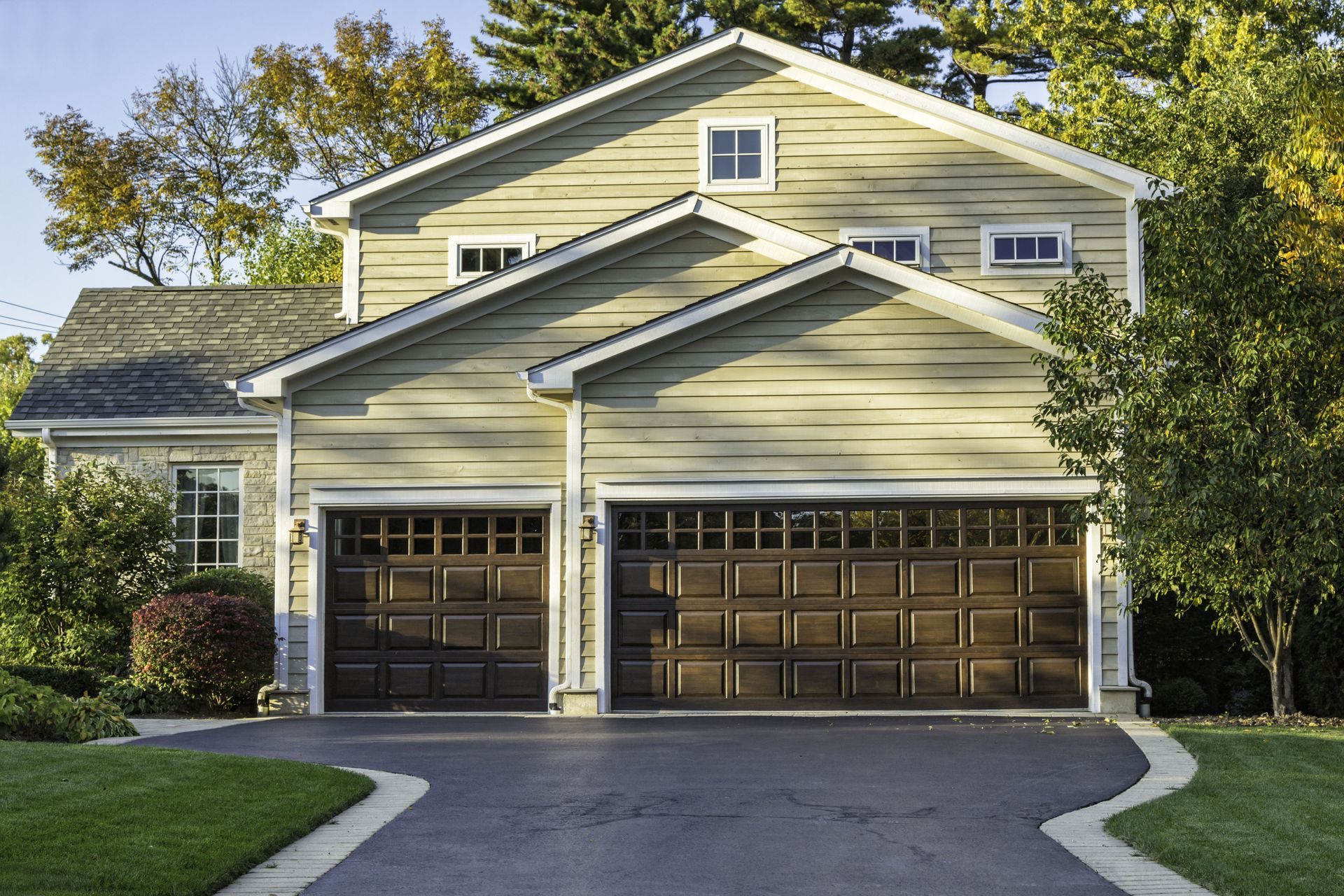
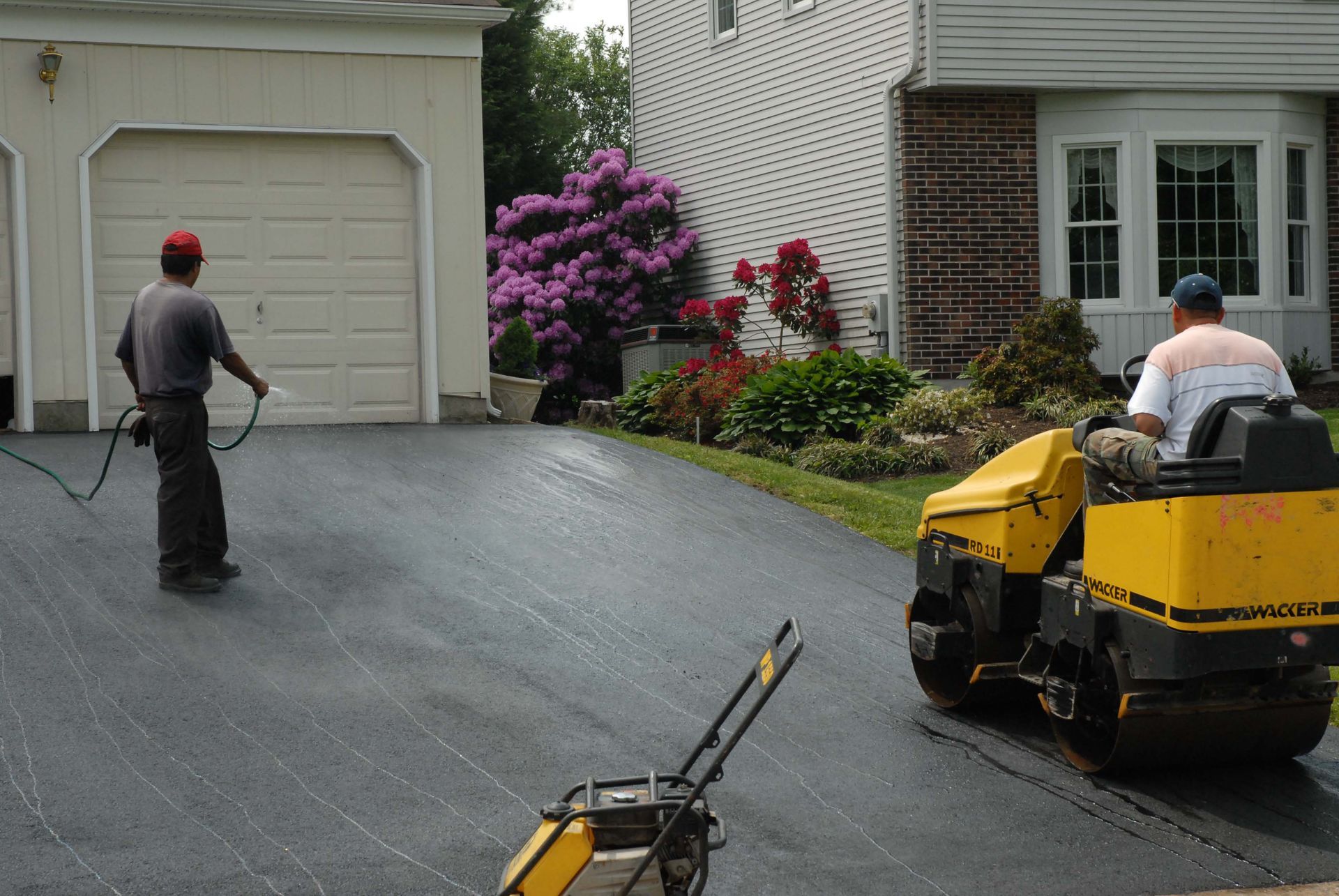

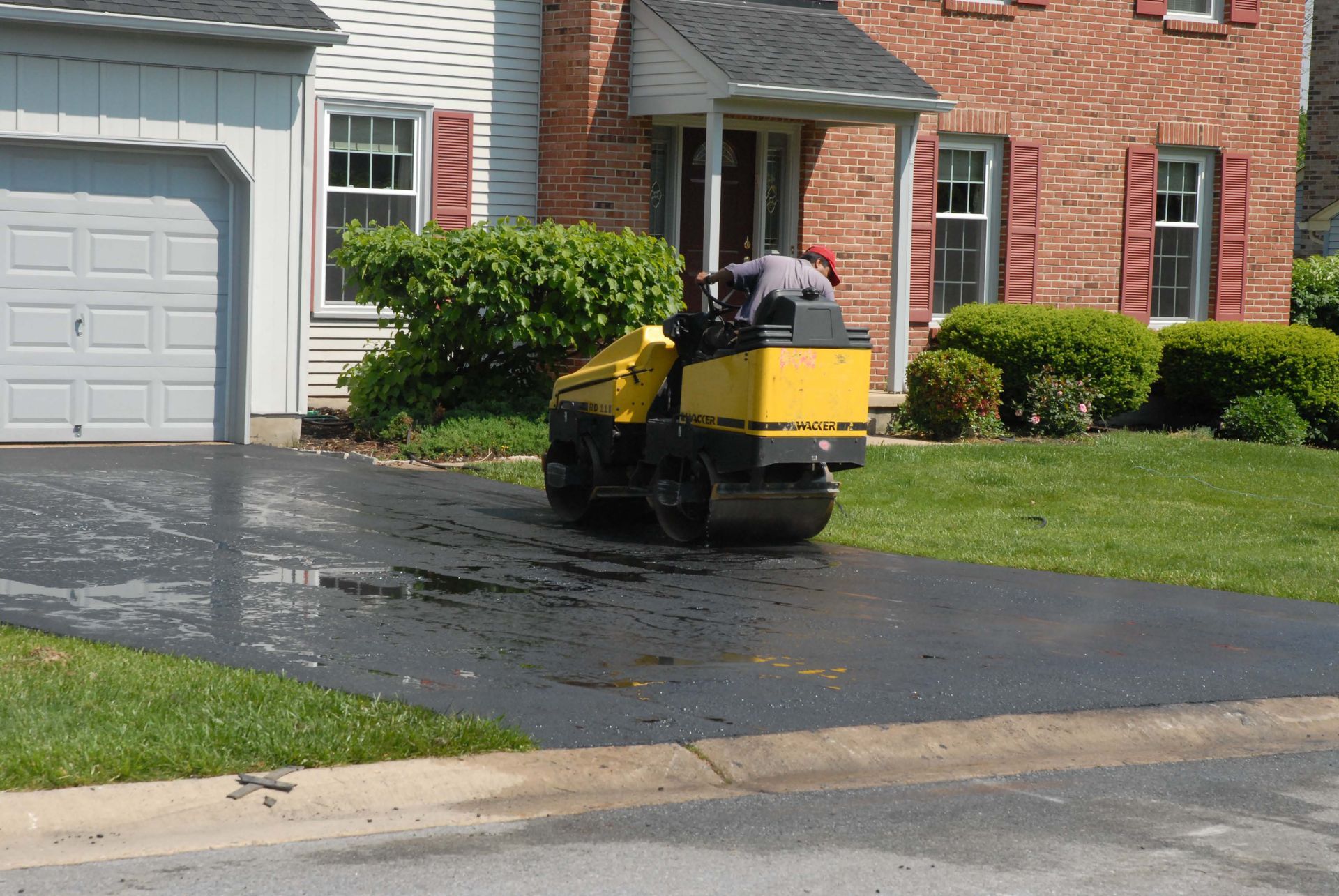
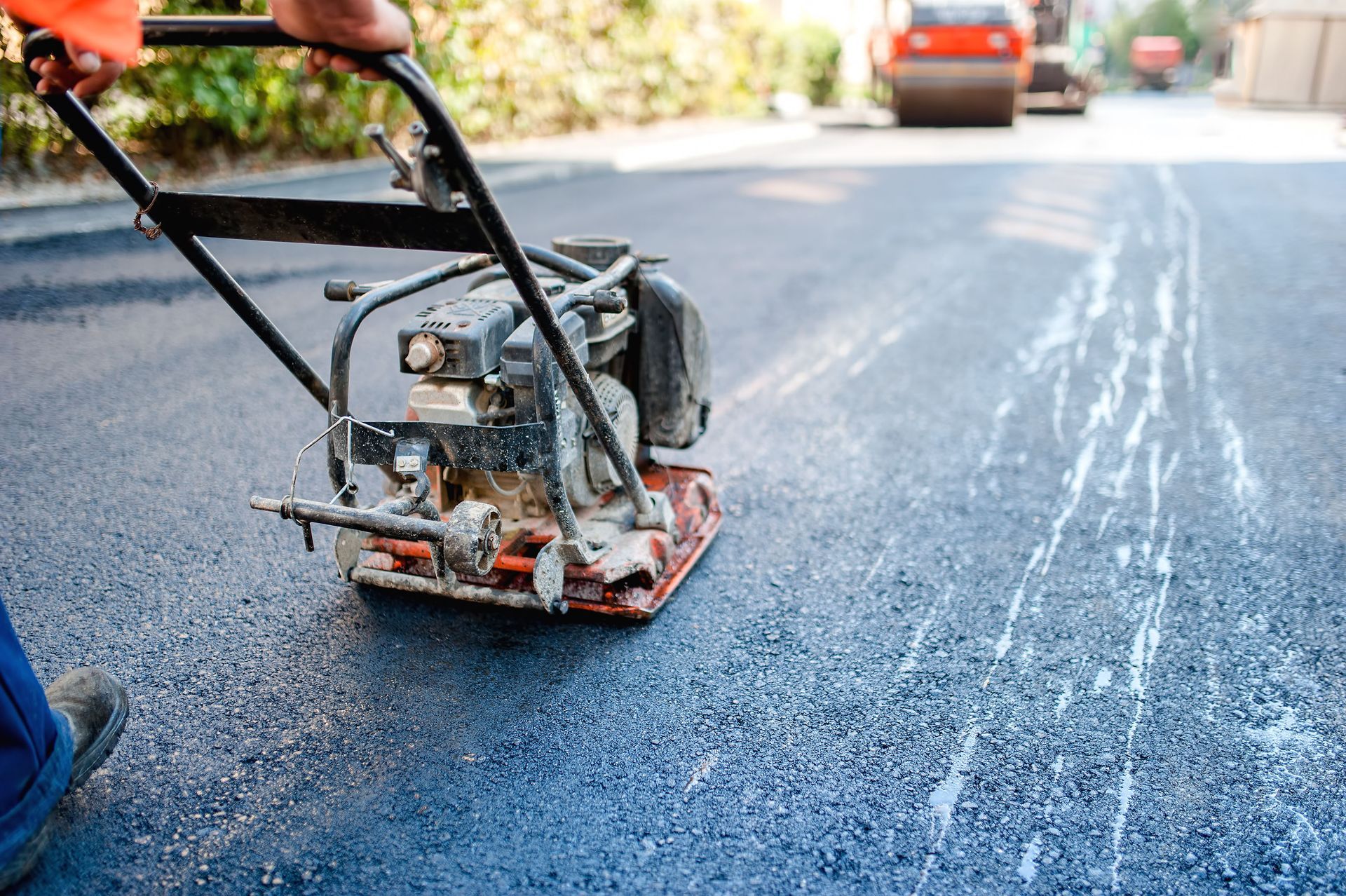
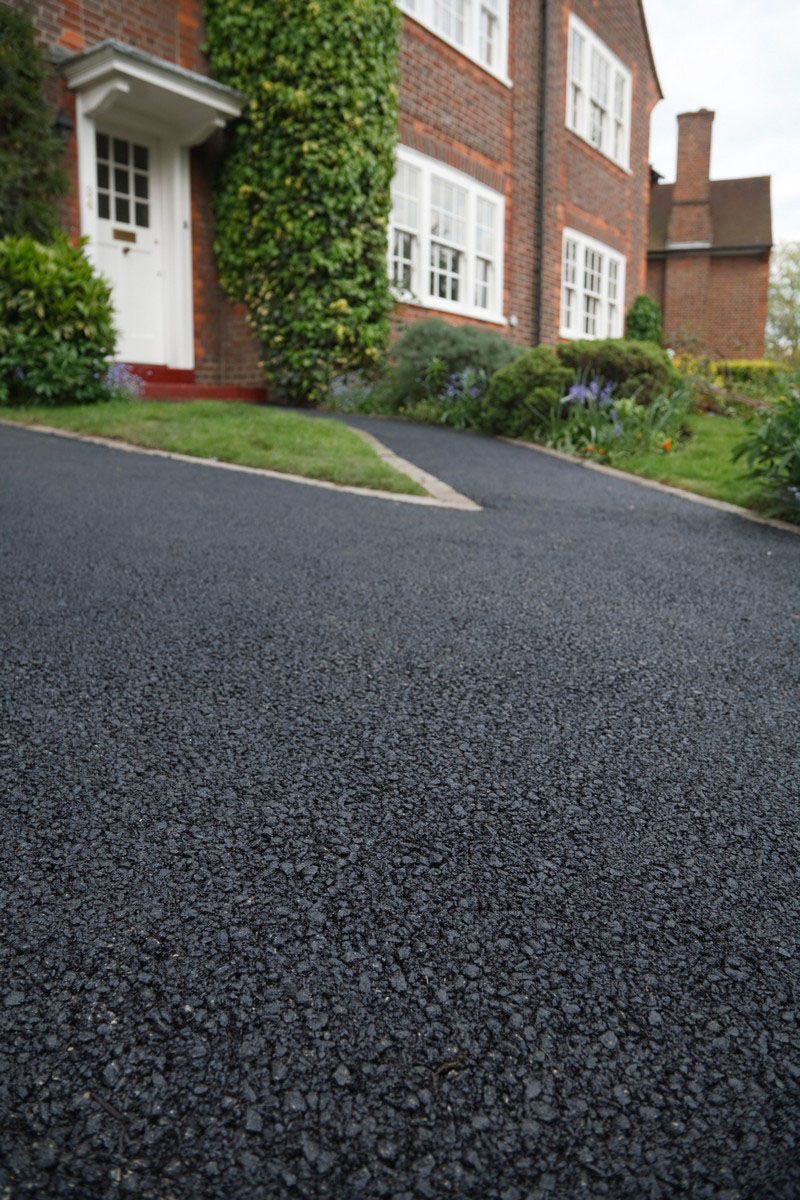
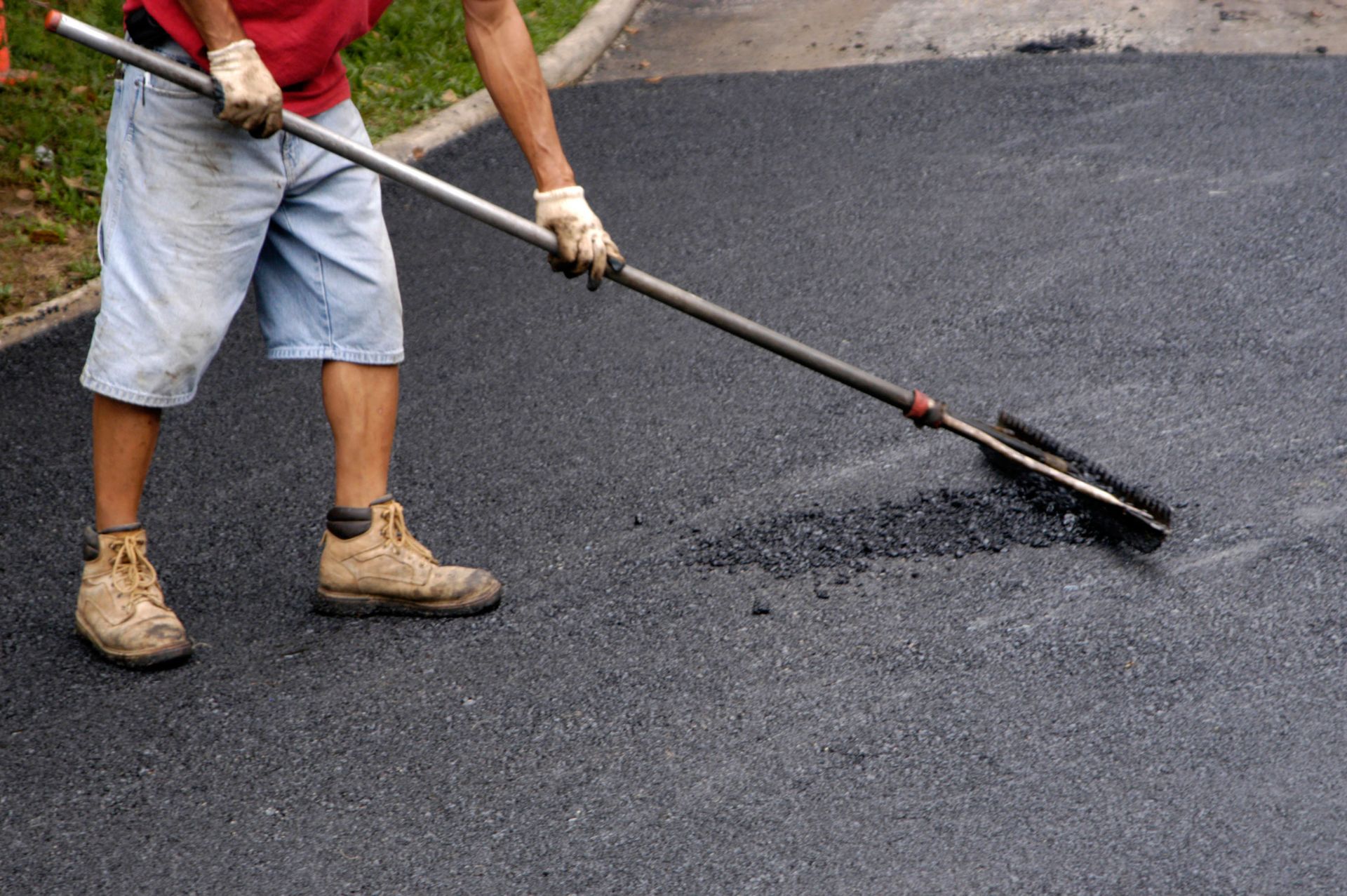
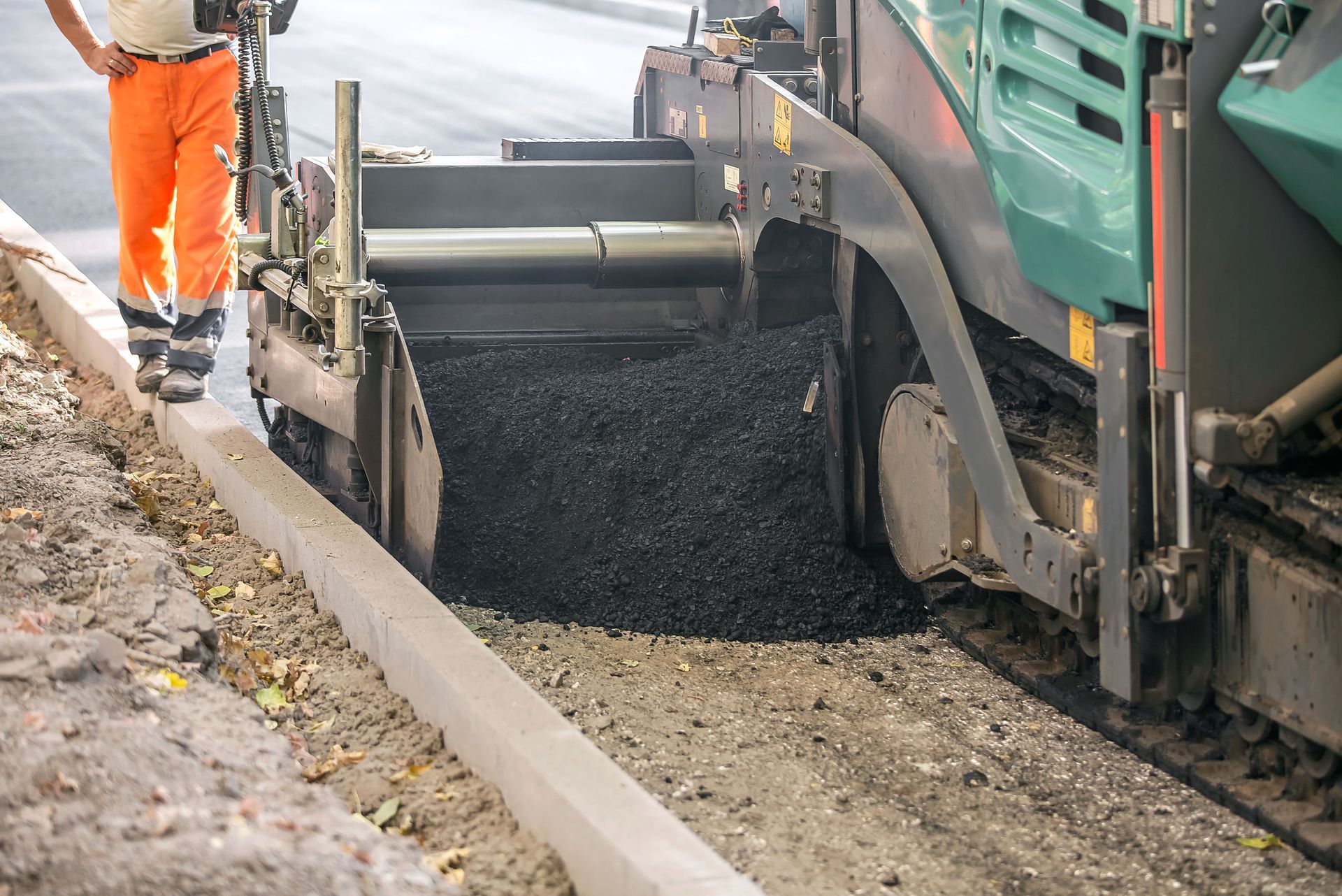
Share On: